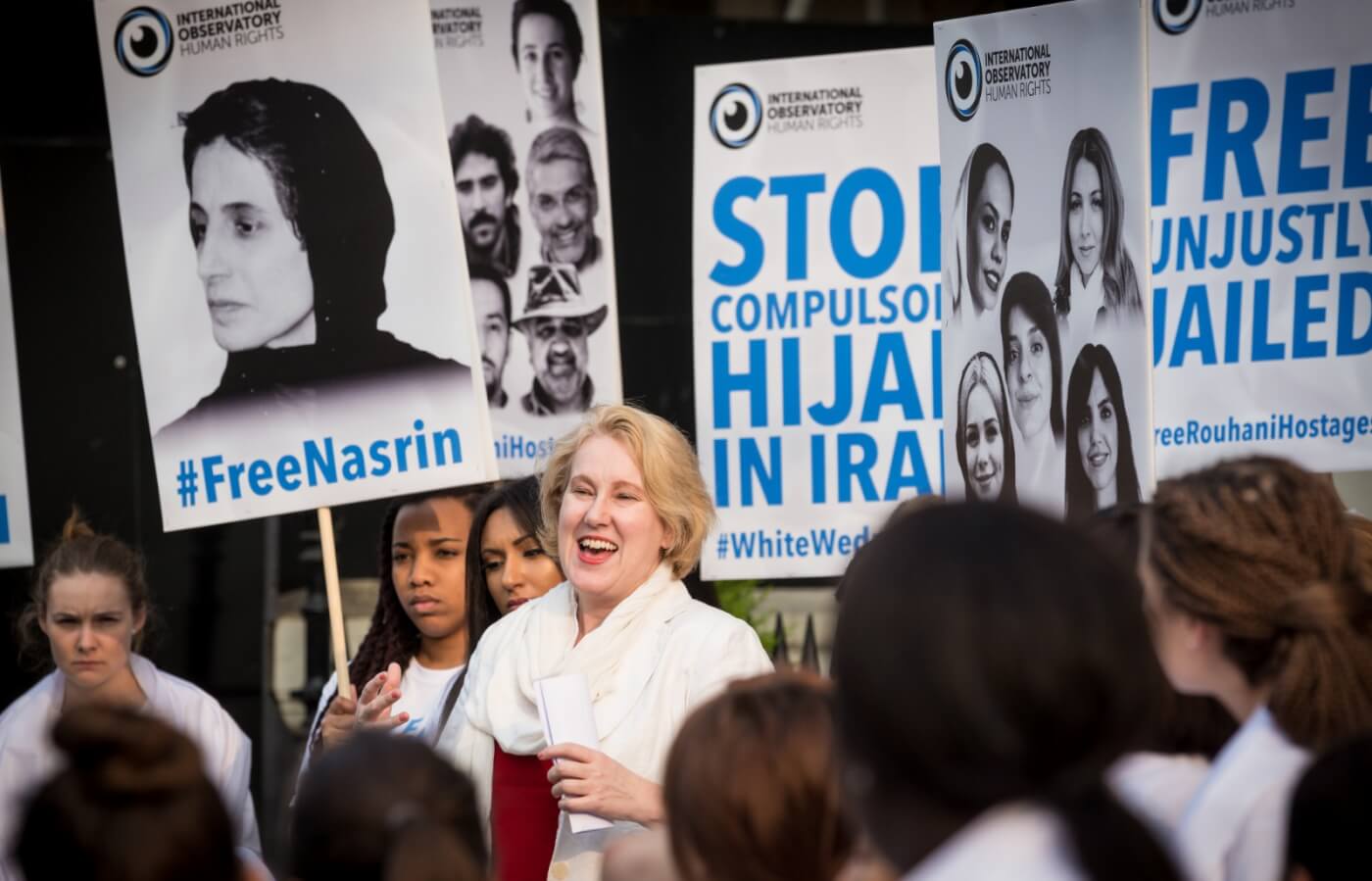Nasibe Semsai, an Iranian women’s rights activist who fled to Turkey in February, could face deportation after being arrested in Istanbul. Semsai sought refuge in Turkey following a 12-year sentence for taking part in protests against the headscarf.
According to her brother, Semsai was asked to sign voluntary deportation papers but refused.
She was one of the key figures behind the “White Wednesdays” campaign, encouraging women to remove their headscarves on Wednesdays or wear white shawls as a sign of protest.
The headscarf is mandatory in Iran and has been since the 1979 Islamic revolution, with Amnesty International saying that under the current compulsory veiling laws:
“women and girls – even those as young as seven – are forced to cover their hair with a headscarf against their will. Women who do not are treated as criminals by the state.”
Those found protesting Iran’s compulsory veiling code would be charged with “inciting corruption and prostitution,” which carries a maximum sentence of 10 years in prison, according to an official statement released by Iranian police in February 2018.
Semsai’s case is the latest example of Turkey deporting Iranian dissidents, with many arguing that it is potentially in breach of the international law that prohibits states from returning individuals to countries where they will face persecution or torture.
The expulsion of dissidents by Turkey has come after improved relations between Ankara and Tehran, with cooperation concerning the Syrian conflict and the fight against Kurdish groups strengthening ties between the two countries.
The detention of Maryam Shariatmadari, an outspoken Iranian women’s rights activist, and the return of 33 Iranians, including dissidents, after they had been detained for crossing the border illegally, sparked concern for the lives of Iranian refugees in Turkey.
Iran’s growing use of the death penalty against activists has made these deportations even more concerning, with the Iranian Supreme Court upholding the death sentences for Saeed Tamjidi, Mohammad Rajabi, and Amirhossein Moradi for taking part in protests.

